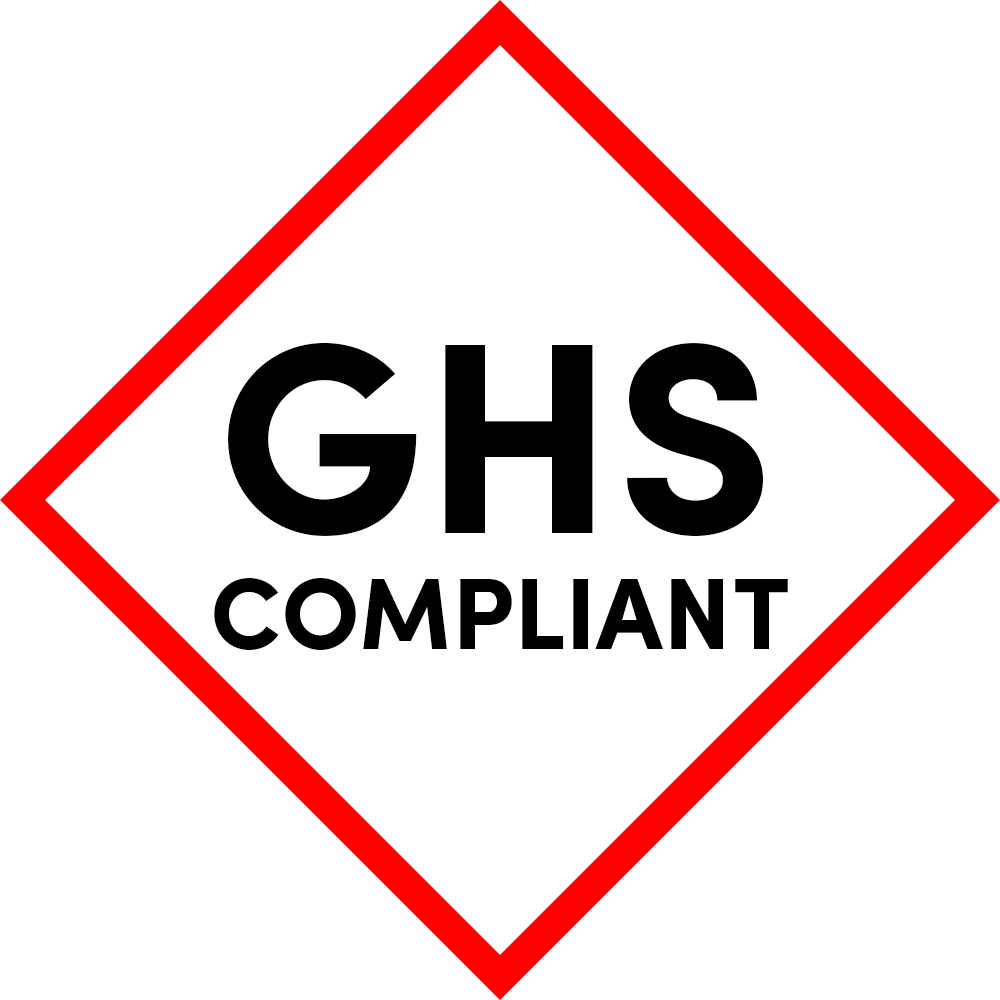
|
GREAT STUFF PRO™ Gaps & Cracks Insulating |
Hazard Statements
Flammable aerosol. Contains gas under pressure; may explode if heated. Causes skin irritation. May cause an allergic skin reaction. Causes serious eye irritation. Harmful if inhaled. May cause allergy or asthma symptoms or breathing difficulties if inhaled. May cause respiratory irritation. May cause harm to breast-fed children. May cause damage to organs (Respiratory Tract) through prolonged or repeated exposure if inhaled.
Precautionary Statements
Obtain special instructions before use. Keep away from heat/sparks/open flames/hot surfaces. No smoking. Do not spray on an open flame or other ignition source. Pressurized container: Do not pierce or burn, even after use. Do not breathe dust/ fume/ gas/ mist/ vapours/ spray. Avoid contact during pregnancy/ while nursing. Wash skin thoroughly after handling. Do not eat, drink or smoke when using this product. Use only outdoors or in a well-ventilated area. Contaminated work clothing should not be allowed out of the workplace. Wear protective gloves/ eye protection/ face protection. In case of inadequate ventilation wear respiratory protection.
Manufacturer information
Name
The Dow Chemical Company
Phone
800-258-2436
Address
2030 Willard H. Dow Center
Midland, MI 48674
PICTOGRAMS
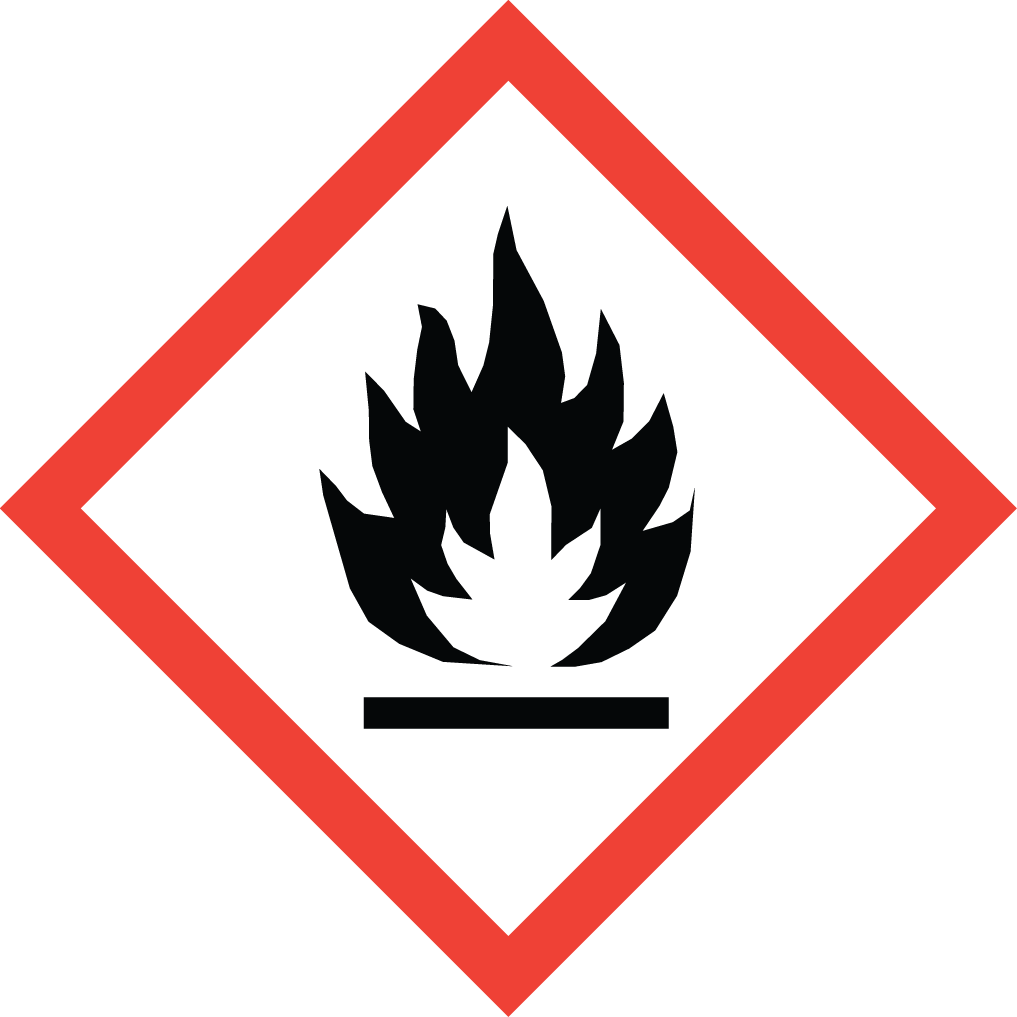
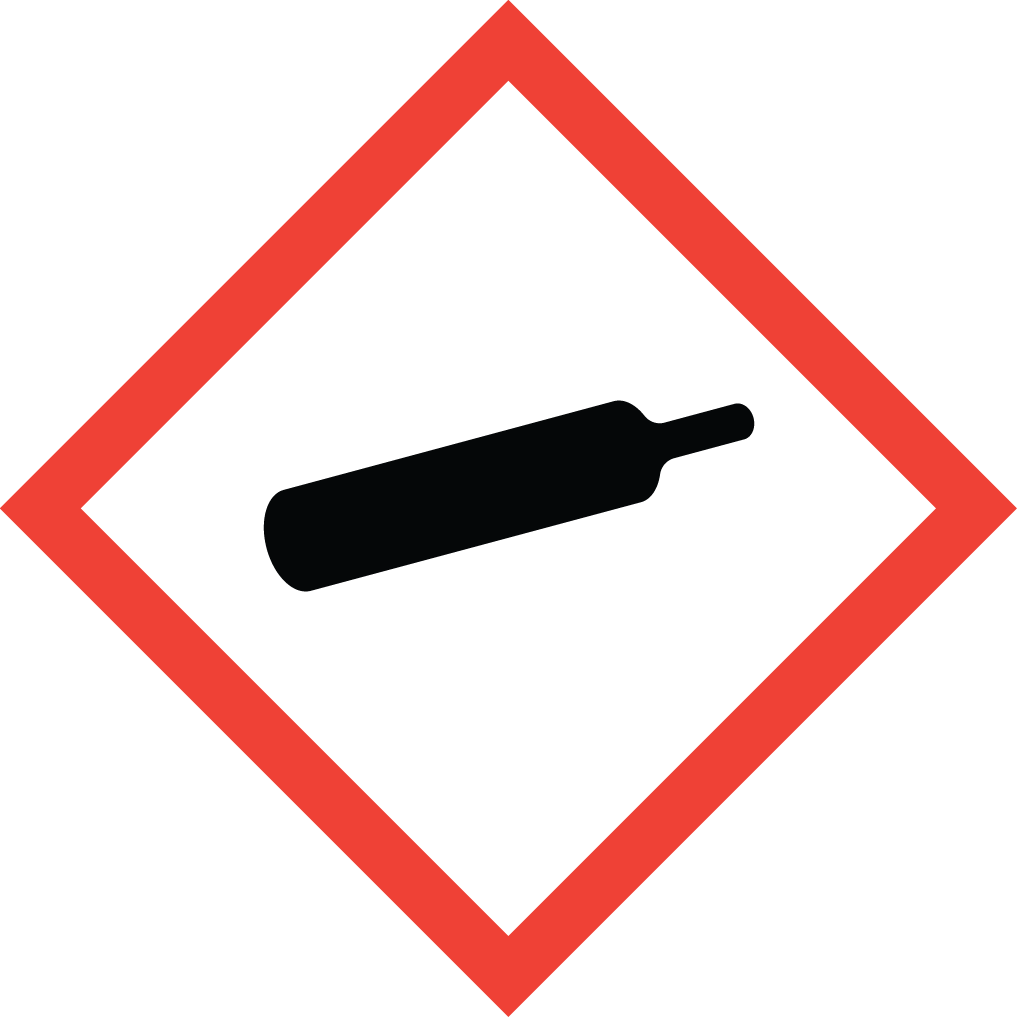
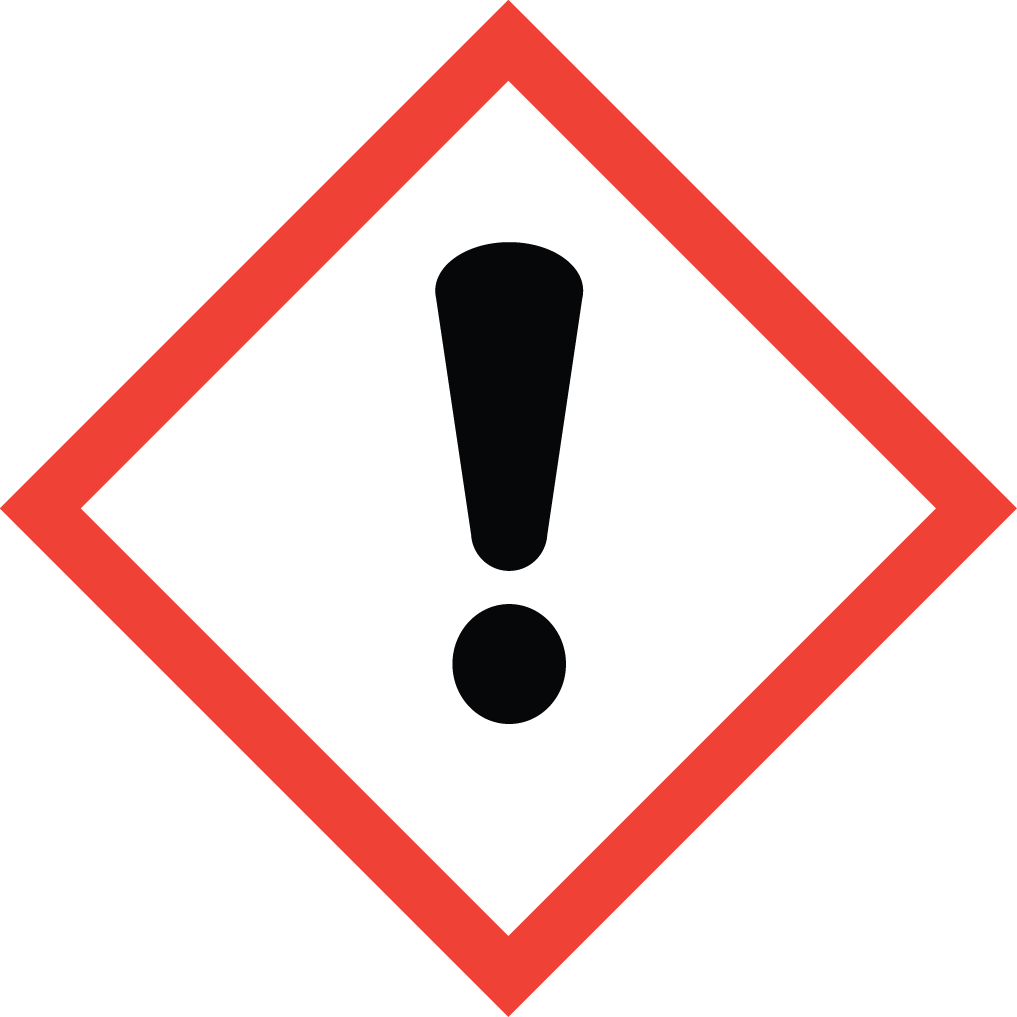
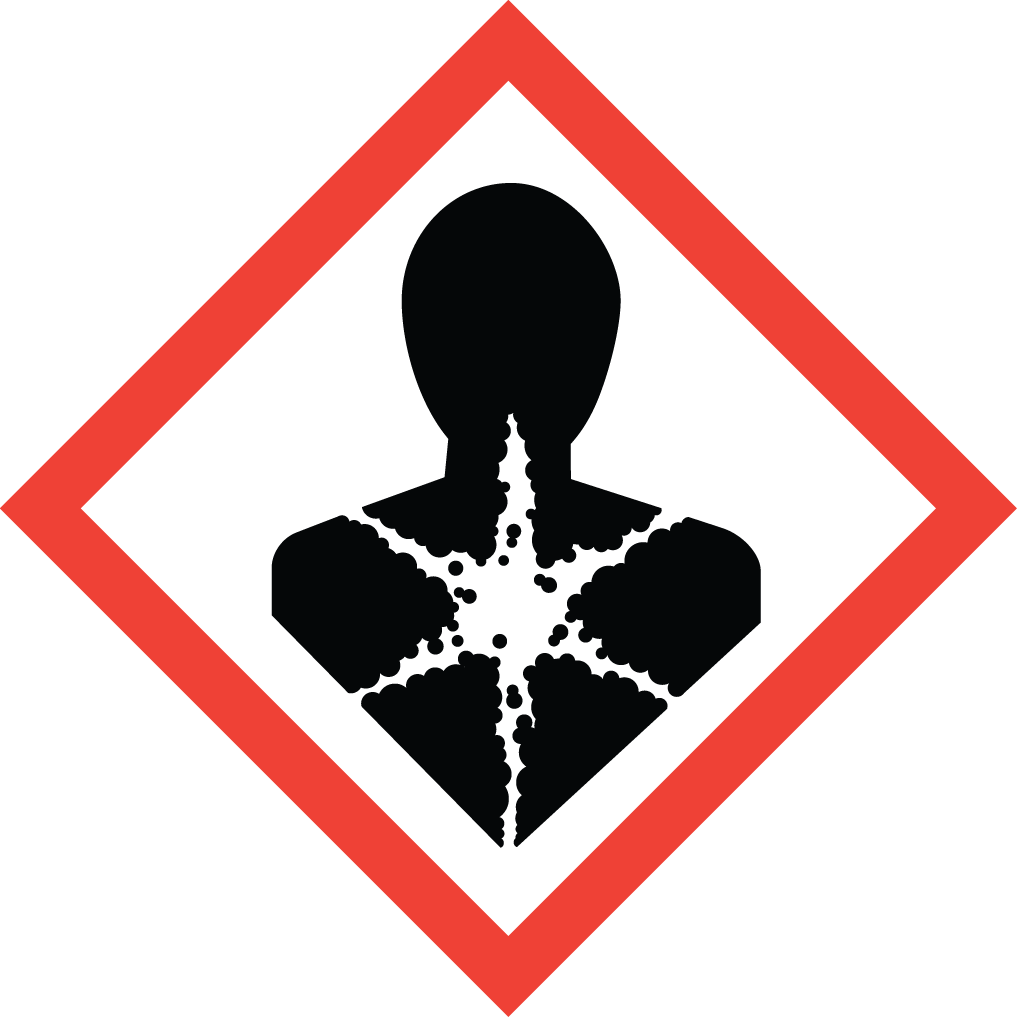
HMIS
| HEALTH |
|
| FLAMMABILITY |
|
| PHYSICAL HAZARD |
|
| PERSONAL PROTECTION |
Eye/face protection: Use safety glasses (with side shields). Skin protection Hand protection: Use gloves chemically resistant to this material. Examples of preferred glove barrier materials include: Butyl rubber. Chlorinated polyethylene. Polyethylene. Ethyl vinyl alcohol laminate ("EVAL"). Examples of acceptable glove barrier materials include: Neoprene. Nitrile/butadiene rubber ("nitrile" or "NBR"). Viton. Polyvinyl chloride ("PVC" or "vinyl"). NOTICE: The selection of a specific glove for a particular application and duration of use in a workplace should also take into account all relevant workplace factors such as, but not limited to: Other chemicals which may be handled, physical requirements (cut/puncture protection, dexterity, thermal protection), potential body reactions to glove materials, as well as the instructions/specifications provided by the glove supplier. Other protection: Use protective clothing chemically resistant to this material. Selection of specific items such as face shield, boots, apron, or full body suit will depend on the task. Respiratory protection: Atmospheric levels should be maintained below the exposure guideline. When atmospheric levels may exceed the exposure guideline, use an approved air purifying respirator equipped with an organic vapor sorbent and a particle filter. For situations where the atmospheric levels may exceed the level for which an air-purifying respirator is effective, use a positive-pressure air-supplying respirator (air line or self-contained breathing apparatus). For emergency response or for situations where the atmospheric level is unknown, use an approved positive-pressure self-contained breathing apparatus or positive pressure air line with auxiliary self-contained air supply. In confined or poorly ventilated areas, use an approved self-contained breathing apparatus or positive pressure air line with auxiliary self-contained air supply. The following should be effective types of air-purifying respirators: Organic vapor cartridge with a particulate pre-filter. |
Banta Elementary School District
Local data
SKU #


